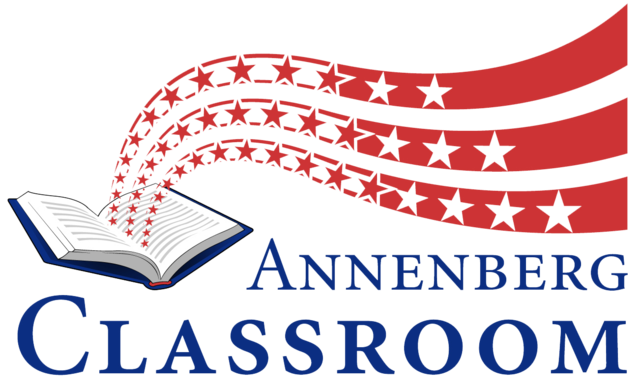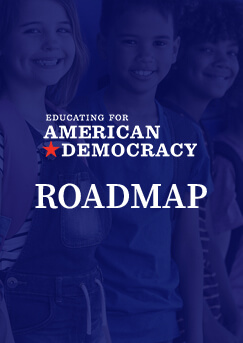The curated resources linked below are an initial sample of the resources coming from a collaborative and rigorous review process with the EAD Content Curation Task Force.
 Reset All
Reset All
Explore the National Constitution Center's Article I: How Congress Works module for everything you need to know about Article I of the Constitution!

The Roadmap
National Constitution Center


This lesson lets students look at the Constitution from the perspective of its founding principles and make direct connections between these principles, the Founders' intentions, and the Constitution itself.

The Roadmap



iCivics, Inc.


Share My Lesson’s Foundations of Democracy collection provides access to lesson plans, resources and professional development for educators to help students understand what democracy is and why it is so important. This newly updated collection explores the idea of democracy and seeks to answer questions like: What is the rule of law and how does it play out in a democracy? What is federalism, and how does it work in the United States? What systems attempt to limit government power? What are the core principles and ideals of democracy? How can we help students be informed citizens? What do democracies look like in other parts of the world?

The Roadmap
AFT Share My Lesson


This film explores the First Amendment right of the “people peaceably to assemble” through the lens of the U.S. Supreme Court case National Socialist Party of America v. Village of Skokie.

The Roadmap

Annenberg Classroom

This documentary tells the story of the origins of the Magna Carta and explores the two most important principles that it symbolizes: rule of law and due process. Students will learn how the framers interpreted and redefined the rule of law and due process when they created our Constitution. And they will understand how those rights have been expanded and protected by the U.S. Supreme Court through two landmark cases: "U.S. v. Nixon" and "Powell v. Alabama."

The Roadmap

Annenberg Classroom

Students will be able to identify and explain aspects of the Equal Rights Amendment debate including various legal and societal considerations.

The Roadmap

C-SPAN Television Networks/C-SPAN Classroom

As a highly-structured model for conversation, Deliberations allow teachers to help students cooperatively discuss contested political issues by carefully considering multiple perspectives and searching for consensus. This Deliberation focuses on banning assault weapons.

The Roadmap


Street Law Inc.


This lesson engages students in a study of the Constitution to learn the significance of "Six Big Ideas" contained within. Students analyze the text of the Constitution in a variety of ways, examine primary sources to identify their relationship to the Constitution's central ideas, and debate the core constitutional principles as they relate to today's political issues.

The Roadmap


National Archives Center for Legislative Archives


The first ten amendments to the United States Constitution, adopted through ratification, are collectively referred to as the Bill of Rights. As the first nine outline fundamental guarantees to the citizenry and the tenth reserves some governmental powers to the state governments, the Bill of Rights establishes limitations on the scope of the federal government.

The Roadmap
C-SPAN Television Networks/C-SPAN Classroom


This unit of lessons and tools examines the ins and outs of our founding document and how it works in practice.

The Roadmap


iCivics, Inc.


Explore the Fourth Amendment and its role in a digital age.

The Roadmap

National Constitution Center


Dive deep into the language and historical foundations of the Second Amendment.

The Roadmap

National Constitution Center





